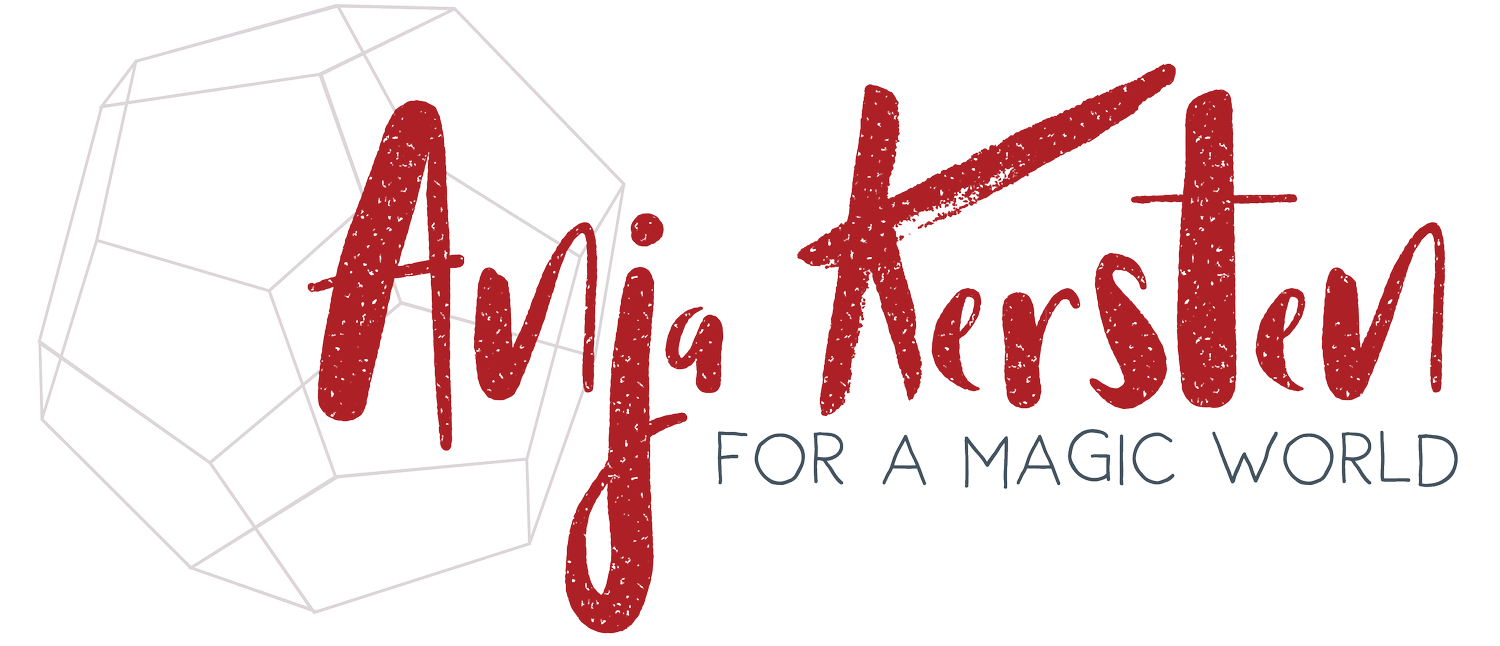Is the ego really all bad?
When it comes to self- improvement, self-help and the spirituality-realm, our poor ego often is called out as the source of all evil. The villain in our personality make up, which needs to be extinguished at all costs.
But is the ego really such a bad thing?
Is it true, that unless we overcome the nasty, little ego, we won’t be good people, selflessly soaring into new, unimagined heights with the angels applauding us?
Funnily enough, often those self-proclaimed gurus, influencers promoting the idea of getting rid of the bad ego, seem to have the most overly inflated sense of self… peacock like. Showing off their majestic beauty to everyone.
Personally I believe this one sided view of the ego can be dangerous. Like the whole range of our emotions serve a purpose, so does our ego. Apart from the fact, that I haven’t found a person yet, that didn’t have an ego at all. Carl Jung for example thought, that the ego’s purpose was to give as a sense of ourselves, an identity so to speak.
For sure, the ego also can protect us from being run over by others, it’s a protection.
Obviously it’s undebatable, that there can be a healthy sense of ego and a very unhealthy one. That’s a distinction, which makes much more sense to me.
Most of us are very aware of what happens, when someone is too driven by their own sense of self, ending up as a very unpleasant, selfish person, harming others. Unfortunately we often don’t look at the other side of the coin. A person, who grew up in a narcissistic household for example, serving as the extension of their parents. Being nothing more than a mirror. They often don’t get to develop any sense of self. They don’t know who they are, what to stand for, because they never were given the chance to develop a healthy sense of ego.
And that’s tragic too! Yes, it is!
This is exactly where I see the danger in the, ‘the ego is bad’ narrative. Because, as those people with an underdeveloped ego grow into adults encounter such belief systems, things are bound to get worse. In an attempt to finally become an acceptable person, such people could embark on the selfless journey. Giving way to even more self-denial as well as self-abandonment.
When they try to call someone out on their bad behaviour, and the other person calls them egoistic. They might recoil, once more thinking it’s their fault. A selfless person doesn’t have any needs nor wants, right?
Basically, it can be very convenient for some to play out ‘the ego is bad’ narrative, because if you’re completely selfless, in service, no matter what, you won’t be a problem to them.
Maybe it’s fair to say, that having an overly inflated ego, becomes a danger for the other, whilst having no sense of self, becomes a danger to the person themselves, with no protection left.
Both extremes can become a huge problem! Not just the one of them.
We need more balanced, as well as wholesome approaches, when it comes to handling the ego. Viewing it rather as a necessary part of our psyche. Maybe that’s why I like approaches like IFS (Internal Family Systems) created by Richard Schwartz. Based on the idea, that we all have many different parts, that are trying their best to protect us. Schwartz says, if we find a way to befriend those parts, building a relationship with them, they often relax more and don’t play such havoc in our lives.
That’s especially true, when some of our protection mechanisms are not helpful anymore at this time in life. I guess, the good news is, that there are better ways out there, than just bashing the poor, old ego, trying to get rid of it at all costs.
To answer the question, I don’t believe in the concept of a bad ego. But I for sure think, there’s very unhealthy versions of an ego out there and some very rare, healthy ones.
As usual, I am handing the question over to you:
‘Have you been called egoistic or have you tried to overcome your ego? Or is the ego in your life the one bad thing that has to have gotten rid of?’ I would love to know.
